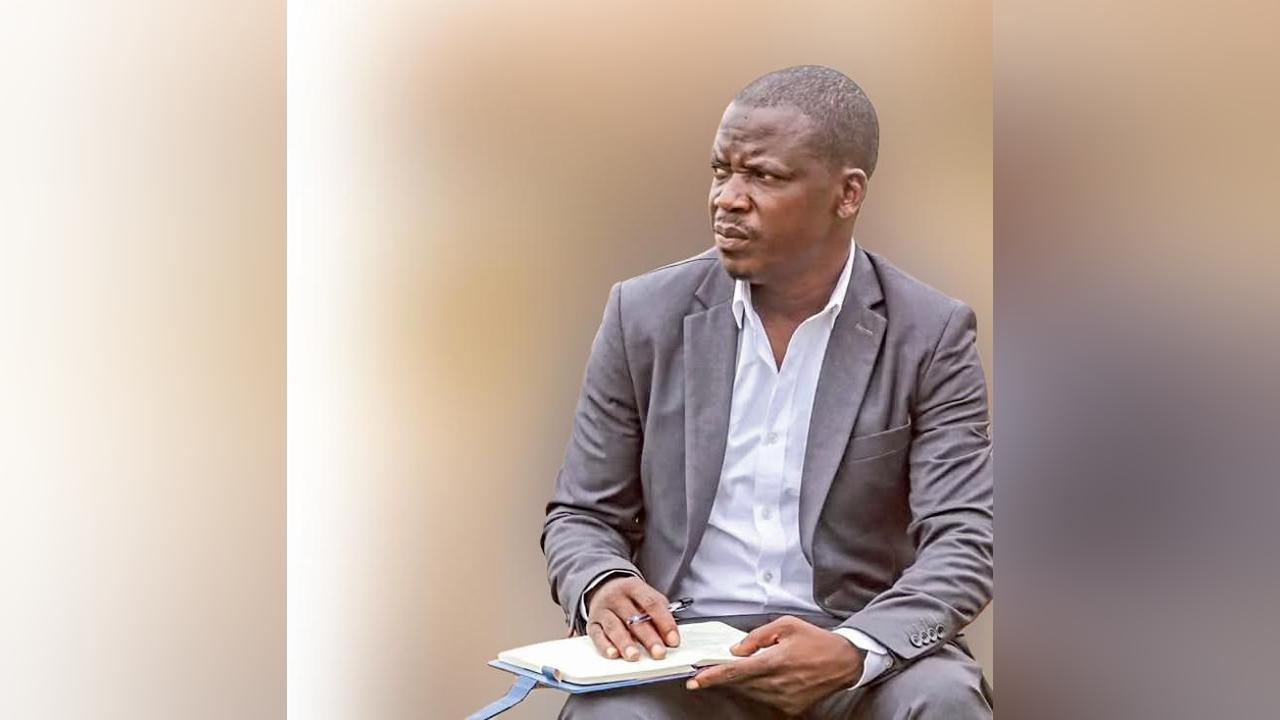Africa-Press – Malawi. Another Super League weekend, another coach sacrificed. The trend has become nauseatingly predictable: a few losses, a bad patch, and boom — a coach is either fired, suspended, or forced to resign under pressure. As if the entire club’s fortunes hinge on one person standing on the sidelines with a clipboard. It is as lazy as it is dangerous.
This past weekend alone, Andrew Bunya was booted out by Dedza Dynamos, Joseph Kamwendo suspended by Creck Sporting, and Stevie Mkwinika of Mzuzu City Hammers threw in the towel. That’s three coaches gone just six weeks into the season. And yet we’re expected to clap and move on like this is normal?
Here’s the brutal truth: coaches are being used as scapegoats for deeper structural and institutional failures within our football clubs. The rot is systemic — poor management, shallow talent pools, underfunded squads, unmotivated players, and a complete lack of long-term planning. But when things go wrong, we somehow convince ourselves that a new coach will magically fix everything. It’s delusional.
Let’s take Creck Sporting. They’ve managed only four points from five matches. Yes, that’s poor, but this is their first dance in the top tier. They’ve already faced heavyweights like Bullets and Wanderers — what exactly were they expecting? Instant miracles? Even Sir Alex Ferguson wouldn’t survive in this kind of short-term madness.
And Dedza Dynamos? They sit mid-table. Not ideal, but certainly not a disaster. Why fire a coach six games into the season when the league is a marathon, not a sprint? What was the strategy? Or was there even one to begin with?
Club administrators love to talk about “strategic and technical decisions” when firing coaches, but where is the same level of accountability for executive failures? Who holds club boards and owners to account when they hire underqualified personnel, sign subpar players, or fail to honour player contracts? Why are we not asking why coaches are being given the equivalent of suicide missions and then blamed for the fallout?
Even worse, as the National Football Coaches Association points out, coaches are not even safeguarding themselves with proper contracts. Clubs deliberately craft exploitative deals, knowing full well they can kick the coach out on a whim. And still, some coaches — blinded by passion or desperation — sign without legal advice. It’s a dangerous cycle, and it needs to stop.
And no, this is not about saying coaches should never be fired. Sometimes, it’s the right decision. But in Malawi, it’s become the default response — the kneejerk reaction to a single bad run, instead of a considered, performance-based decision rooted in long-term planning. It’s not coaching changes that are failing our football — it’s leadership changes that aren’t happening.
Clubs need to grow up. Football is not witchcraft. It’s a sport that requires investment, patience, planning, and structure. Until club management starts taking responsibility, we will continue burning through coaches like disposable razors — and wondering why our football never goes anywhere.
Enough with this lazy thinking. Stop crucifying coaches for sins committed in boardrooms.
For More News And Analysis About Malawi Follow Africa-Press






